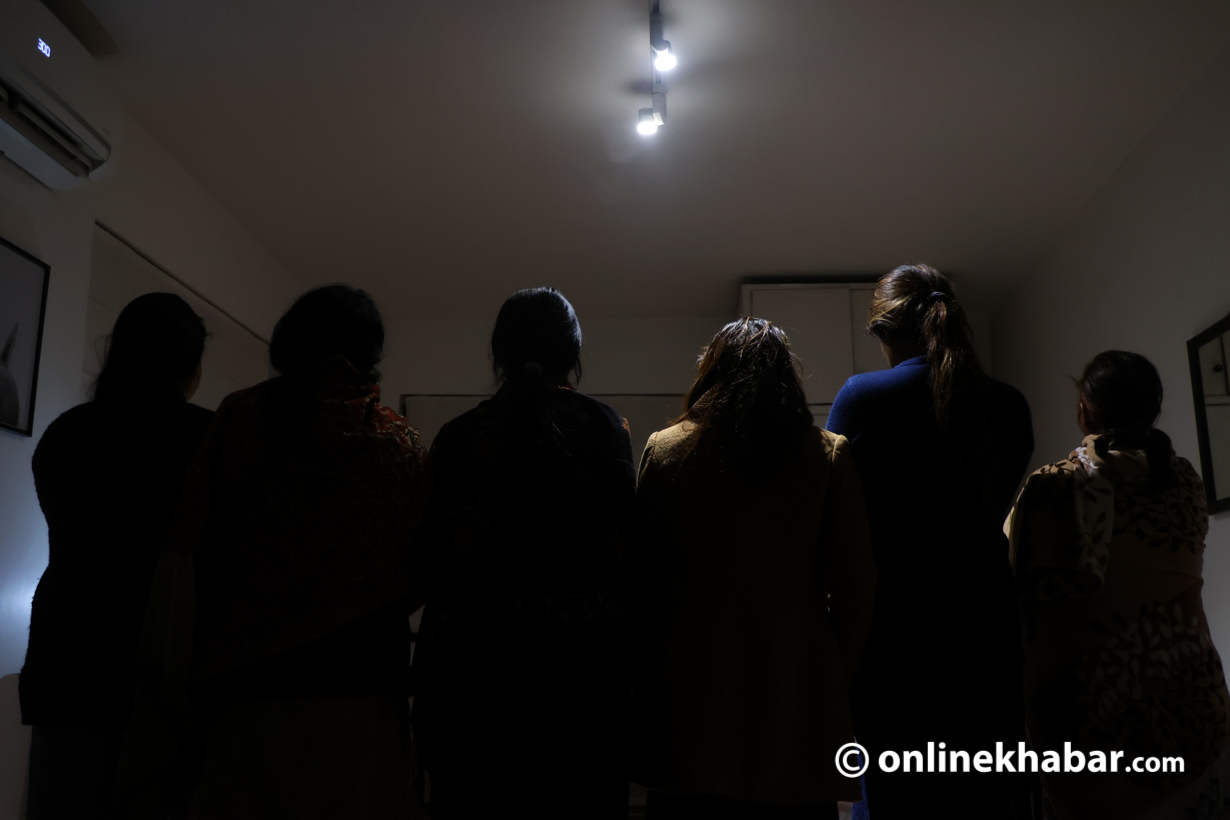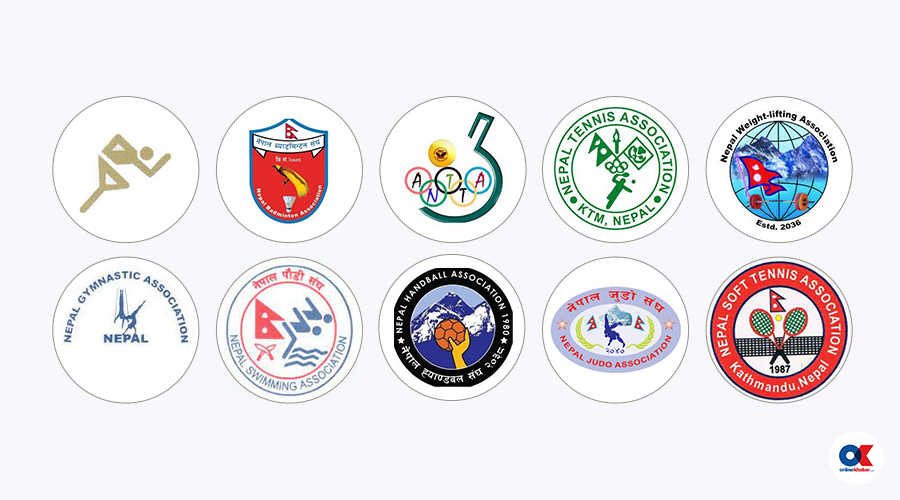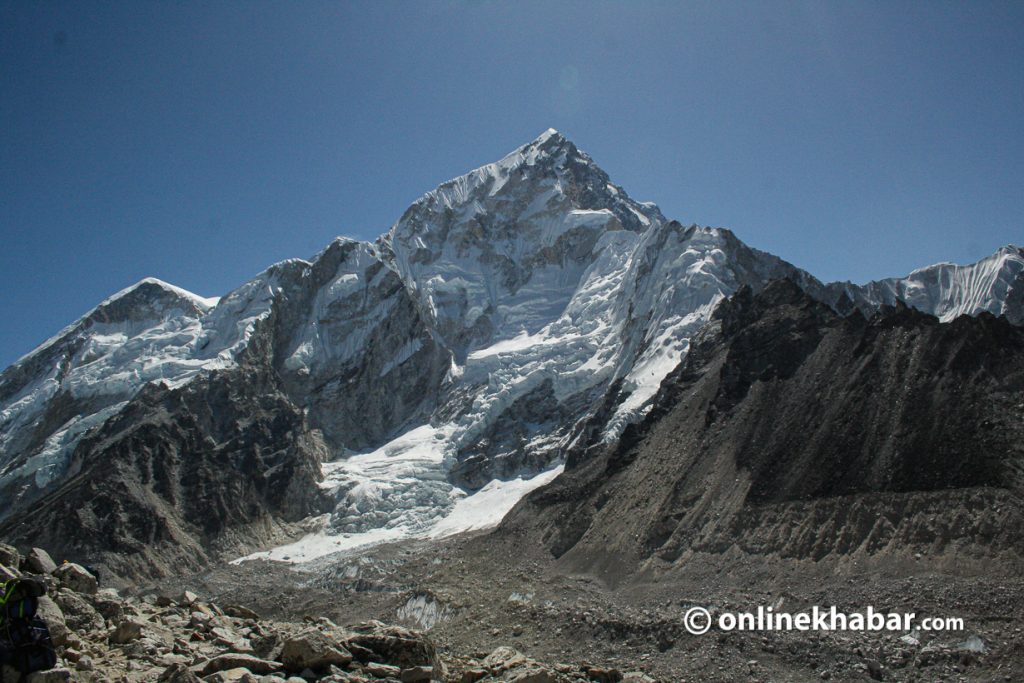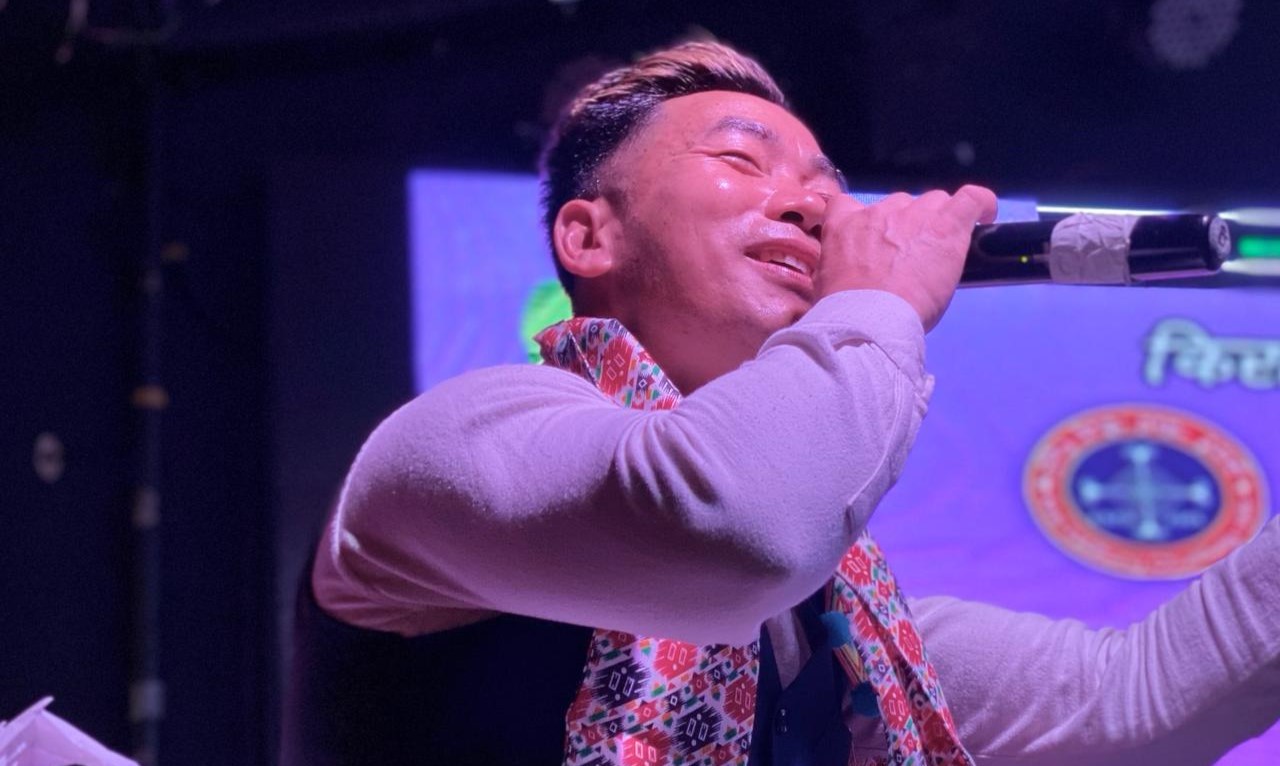Narayan Kaji Shrestha ‘Prakash’ is one of the top leaders of the ruling coalition partner CPN-Maoist Centre. He was Deputy Prime Minister and Foreign Minister during CPN-UML leader Jhalanath Khanal’s tenure as Prime Minister. Onlinekhabar caught up with Shrestha to talk about his party’s position vis-a-vis government change issue, and contemporary Nepali politics.
There have been reports that your party is cozying up with the main opposition party, the Nepali Congress, and this is being done to topple the UML government. Is that so?
No, we have not taken such a decision. What we decided was something else. Who gets to lead the government is not an issue of utmost importance for us. We have a different set of agenda closely related to our immediate concerns.
What are those immediate concerns?
We have said we have four issues that we want resolved.
-
Completion of transitional justice process
-
Implementation of the constitution
-
Efficient post-quake reconstruction
-
National unity to protect sovereignty
First, the peace process should be brought to a conclusion by completing the transitional justice-related works. As you know, the peace process has three main components. The first component was the integration of the armies, the second was the promulgation of the constitution, and the third was the completion of the truth and reconciliation process.
We completed the first task, although there are certain things that could have been done differently. We also introduced the constitution. Now what remains to be sorted out is the third component, administration of transitional justice.
Our second concern is related to the implementation of the new constitution. According to the charter, we need to hold fresh parliamentary elections by February 2018. For this to happen, we need to address the grievances of the Madhes-based parties, the Tharu community, and others, who are protesting the constitution. This has to be done through talks.
The third concern is related to post-quake reconstruction. We need to make the process more effective, and efficient. The people are facing lots of hardships, they need some relief right away.
The fourth issue that we are concerned with is the preservation and protection of national sovereignty. We want Nepal’s political leadership to now think about national prosperity.
Of the four concerns, the first two are of utmost importance.
So, what we have said is that to address these concerns, we need a government of national consensus. In Nepal, our culture is such that we cannot reach a consensus on key issues without forming such a government.
The nine-point agreement your party signed with the UML also talks of a government of national unity. There are many, who believe that the deal was struck so that a government could be formed under Prachanda’s leadership. Is that so?
No, we have not set any preconditions for the formation of a national unity government.
 So, can the unity government be formed under Oli’s leadership?
So, can the unity government be formed under Oli’s leadership?
If the Nepali Congress says it is ready to join the Oli government, we will accept it. If that does not happen, we are even willing to accept a Nepali Congress leader as Prime Minister.
But looking at the relationship between the Congress and the UML leaders at the moment, we feel that our party can be an alternative to the Congress and UML when it comes to leading the unity government.
But this is not a precondition. We are open to other proposals.
What will your party’s stance be if the Nepali Congress and the Madhesi parties decide to come on board, but the UML hesitates. Will Prachanda claim premiership then?
I have said earlier, and I repeat, we need a government of national consensus to address our four immediate concerns. We reached an agreement with the UML to form such a government, and we are talking to the Nepali Congress along same lines.
“We have not decided to leave the Oli government; we have also not sought premiership.”
We have not decided to leave the Oli government; we have also not sought premiership. We are open to all alternatives, so long as our agenda is addressed.
So, this is what you have been telling the UML?
What we have been saying is that we reached a nine-point agreement with the UML. The main crux of the agreement was to complete the peace process. We can’t say our friends in the UML have not done any work towards that end. They are working on it, but the results are yet to be visible.
There are some issues related to the peace process over which we have reached an agreement. But there are others that still remain contentious. For example, land ownership conflict in the west. We have not even talked about it. But they (the UML) have said they are ready to talk about it. We want them to give us the details as to how they plan to sort out this issue.
The issue of compensation for the kin of the disappeared is important for us. The Finance Minister has said he will provide Rs 500,000 to each family. We want the amount to be set aside before budget endorsement.
“The government’s main weakness has been its inability to create an environment conducive to implementation of the constitution.”
The government’s main weakness has been its inability to create an environment conducive to implementation of the constitution. I think the current leadership has not paid sufficient attention towards strengthening national unity and protecting sovereignty. We must understand that the issues of Madhes cannot be addressed without national unity. Unless the grievances of Madhes are addressed, the constitution cannot be implemented.
Now let’s talk about the Nepali Congress. Can you tell us how your party is dealing with NC?
The Nepali Congress should not have double standards, especially when it comes to issues related to Madhes. During the days leading to the promulgation of the constitution, we told the Congress that we need to address the demands of Madhes, and if we failed to do so, there will be massive protests. But the Congress didn’t budge.
“The Nepali Congress should not have double standards.”
When the Congress made way for a new government, it presented an amendment to the constitution, which would not address the demands of the protesters. We said let’s take our time and amend the constitution to address their demands, but they opposed.
The amendment was passed, but the problem remains unresolved.
Now the Nepali Congress is saying the demands of Madhes can be addressed. But it does not have a clear vision on addressing the demands. Their actions are being guided by their vested interests. This is not right. They need to look at it with national interest in mind.
So, you are talking to the Nepali Congress in terms of issues, and not in terms of who gets what portfolio in the new government?
The first thing the Nepali Congress needs to do is it needs to be committed to concluding the peace process. The party needs to come up with its stance on the proposed amendment to the truth and reconciliation law. NC also needs to have a clear position on land ownership disputes and distribution of relief to martyrs.
The party also need to focus on resolution of Madhesh problems.
So, Deuba will not replace Oli as long as your agenda is addressed?
“If we wanted, we could have landed the post of Prime Minister long ago.”
That will not happen. If we wanted, we could have landed the post of Prime Minister long ago. But we did not go for it. We wanted to give the UML a chance.
The main thing I would like to repeat is that the four issues we have raised are important for us, and our politics revolves around them. If other parties also do that, then we can easily cooperate with them.























